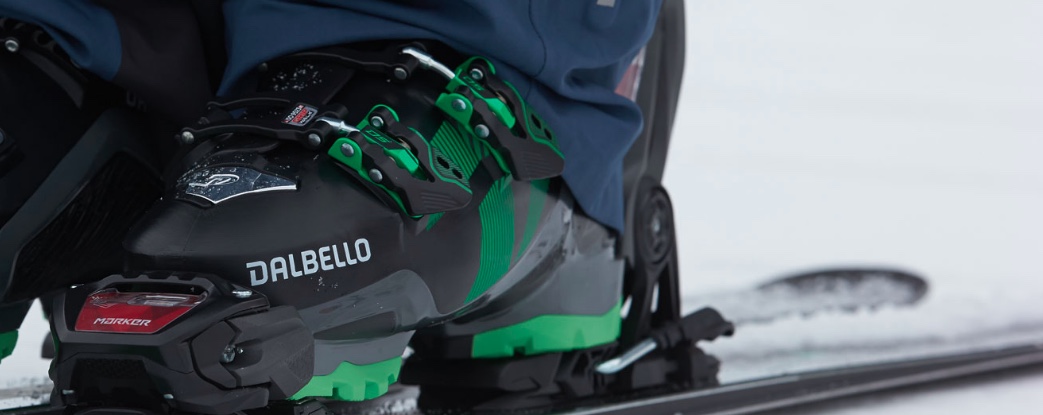Dalbello Leads The Way In Eco-Friendly Ski Boot Production

Recently Dalbello marked the conclusion of the EU-funded LIFE RESKIBOOT project.
The overall goal of this LIFE project was to develop, produce and launch 1,000 pairs of high-quality and cost-competitive ski boots using around 90 percent recycled secondary raw materials taken from post-consumer rental ski boots.
The target of 1,000 pairs was realised by Dalbello in cooperation with the project partners and the new boots will be returned to the rental shop in February.
This sustainable circular approach not only resulted in reducing the ecological footprint of boot production by 56 percent but also ensured that these boots, which should have been discarded, now have a second chance on the slopes.
This is a first in the industry, with Dalbello and the project partners setting new standards for the future.
Since September 2020, Dalbello, together with six partners from different sectors, has been an official participant of the LIFE RESKIBOOT project. The goal of the project, which is co-founded by the European Commission, was to rethink the life cycle of a ski boot in terms of sustainability and resource conservation and at the same time reduce the costs per boot by seven percent. Whilst focusing on rental companies, the aim was to develop a take-back and re-use system that would provide an alternative to nine million kilograms of plastic waste from post-consumer ski boots sent to landfills every year.
Each ski boot consists of more than 100 plastic parts, thermoplastic and foamed materials, and adhesives. Previous attempts by other manufacturers have failed due to the cost of dismantling and separating materials as well as the lack of a solution for sorting and recycling the liners, which consist of foam sandwiches.
In cooperation with the partner network, Dalbello has managed to optimize these complex processes and to develop a business model based on a closed-loop system that gives discarded ski boots a second life.
“The attempt to effectively utilize the hard recycled multi-plastics posed a major challenge for our team at Dalbello. The inherent complexity of the material, characterized by limited knowledge of its composition and age, required a methodical approach of trial and error. Through this process, we were able to achieve the desired quality of the boot shell and transform it into a high-quality component,” says Stefano Prosdocimo, R&D Department and LIFE RESKIBOOT Project Manager at Dalbello.














